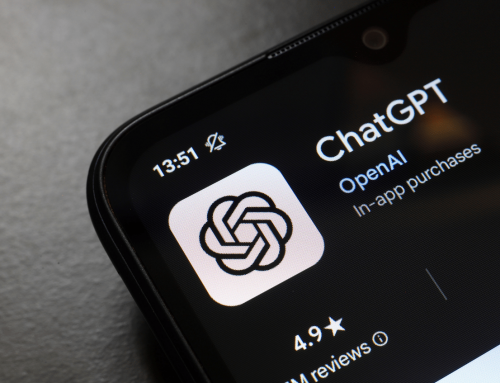Wiggling the mouse, faking emails - the digital fake worker
Making coffee, hanging up the washing, a quick trip to the supermarket - and the company chat still shows "active". What sounds like a harmless sideline is called working time fraud in the world of work. A current debate is now shedding a harsh light on working from home and the question: what are many people really doing when no one is looking?
Tricks are now commonplace on the Internet: from mouse jigglers and e-mail automation to stopwatches on the mouse - there is no shortage of ideas for simulating busyness in the home office. But beware: legally, this is no fun. Anyone who deliberately fakes working hours is committing a criminal offense. And according to case law, this can result in a warning, dismissal or even criminal prosecution.
The figures speak for themselves: 72 percent take care of private matters during working hours
A study by TimO on working time recording shows: The phenomenon is anything but rare and the figures speak for themselves.
- 72% of respondents admitted to doing private things during working hours.
- 38% regularly observed extended breaks among colleagues.
- 13 % do not record their working hours correctly.
And the companies? 70% have already discovered incorrect information on working hours. A third estimate the damage caused by working time fraud to be around 10% of turnover, some even up to 20%.
Click here for the study https://www.timo24.de/blog/arbeitszeiterfassung-studie/
Working from home: freedom or escape?
What is now becoming apparent is more than a conflict over minutes and hours. For many, working from home was a step towards flexibility - but for some, it was apparently also a free pass to refuse to work. Conversely, some companies are now turning to surveillance and tracking software - long standard in the USA, but (still) legally tricky in Europe.
Another consequence of the disagreements: the pendulum is swinging back. Many US companies are bringing their employees back to the office, at least in part, while others are banning working from home altogether. In Europe, the call for digital control systems is getting louder. The real question remains: How do we create a fair model between trust, control and performance?
No tricks, but honesty
The "mouse jiggler" is not a gag - it is a symptom. A symptom of a working world in which mistrust, excessive demands and a lack of transparency have become the norm. If you work, you deserve trust. Those who pay deserve honesty. But if both sides just play tricks, everyone loses in the end: employers lose revenue, employees lose respect - and the system loses its credibility.
Working time fraud is not a trivial offense. But reacting only with bans and surveillance will not solve the problem. Trust is not software - nor is it a home office tool. It is the foundation of everything.







